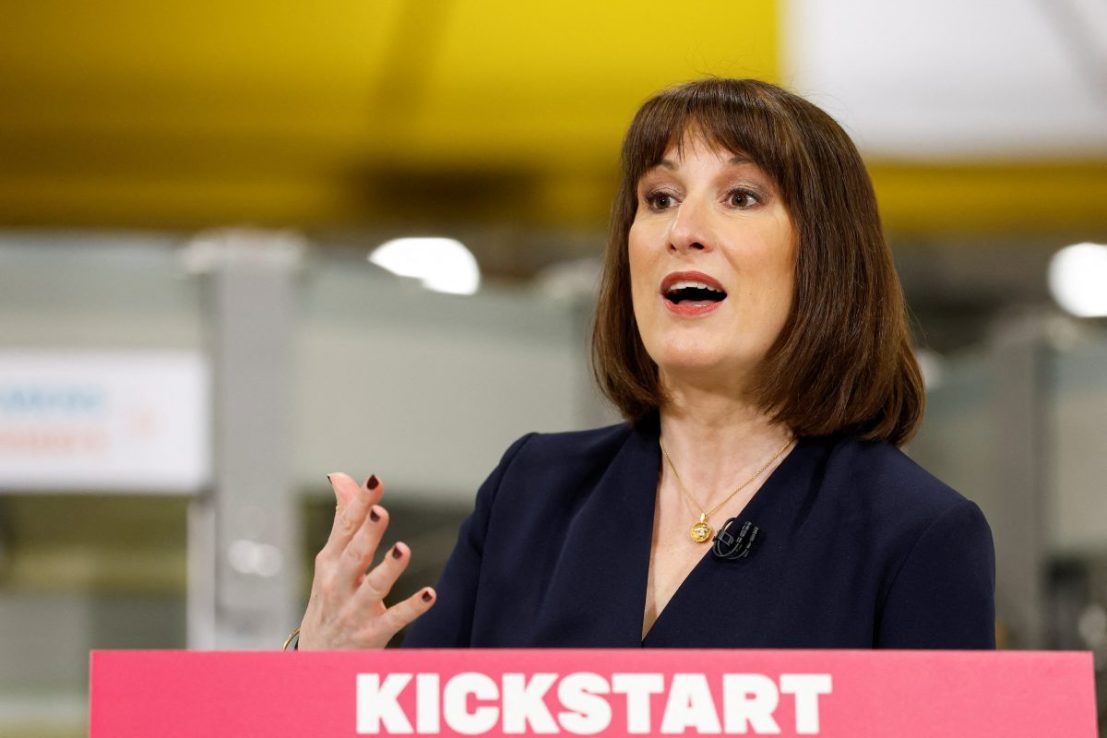Ahead of last October’s Budget, ministers allowed months of speculation as to what would be unveiled, and the never-ending drumbeat of doom and gloom talked the economy to a standstill . Largely as a result of the contents and consequences of that Budget, economic growth has since evaporated and now all eyes are on this week’s Spring Statement. The Treasury is adamant that it isn’t a Budget and officials are keen to downplay the significance of the Chancellor’s speech to the Commons on Wednesday, but economic (and political) conditions mean that it’s taken on the status of a major event and there’s little point in ministers complaining about that.
The spin coming out of Whitehall so far is that there will be no new tax measures announced, no borrowing binge and absolutely no return to austerity. The Chancellor’s team are also desperately hammering the message that “the world has changed” – in other words, don’t blame us for how bad things are, blame Trump. As I’ve noted before, global economic uncertainty is having an impact, of course, but it’s a case of insult to injury – with the government’s policies weakening the economy long before Trump launched his tariff war.

As for the Spring Statement, we know that there will be substantial cuts to public spending (call it austerity if you want) and a modest reduction in the number of civil servants, plus the contentious welfare reforms designed to save a few billion, but if Reeves isn’t planning any major announcements then the risk is that her approach is reduced to crossing her fingers and hoping that is growth is on its way. Unfortunately, economic forecasters are currently slashing their expectations for 2025, and the OBR is almost certainly going to do the same this week. Some City analysts are now starting to ring the alarm bells ahead of the actual Budget, due in the autumn, with banking giant ING warning that “barring a surprise boost to UK growth this summer, we think further tax hikes look inevitable in the autumn.
” More worryingly, investment bank Citi has just revised up its expectations as to how much debt the government is going to issue over the coming year to £321bn which, as Harry Robertson at Reuters noted last night, would be the second largest amount on record – dwarfed only by the government’s response to the pandemic in 2020/21. All in all, it’s not a pretty backdrop ahead of the Chancellor’s speech tomorrow..
Environment

Reeves crosses her fingers and hopes for growth

Ahead of last October’s Budget, ministers allowed months of speculation as to what would be unveiled, and the never-ending drumbeat of doom and gloom talked the economy to a standstill. Largely as a result of the contents and consequences of that Budget, economic growth has since evaporated and now all eyes are on this week’s [...]















